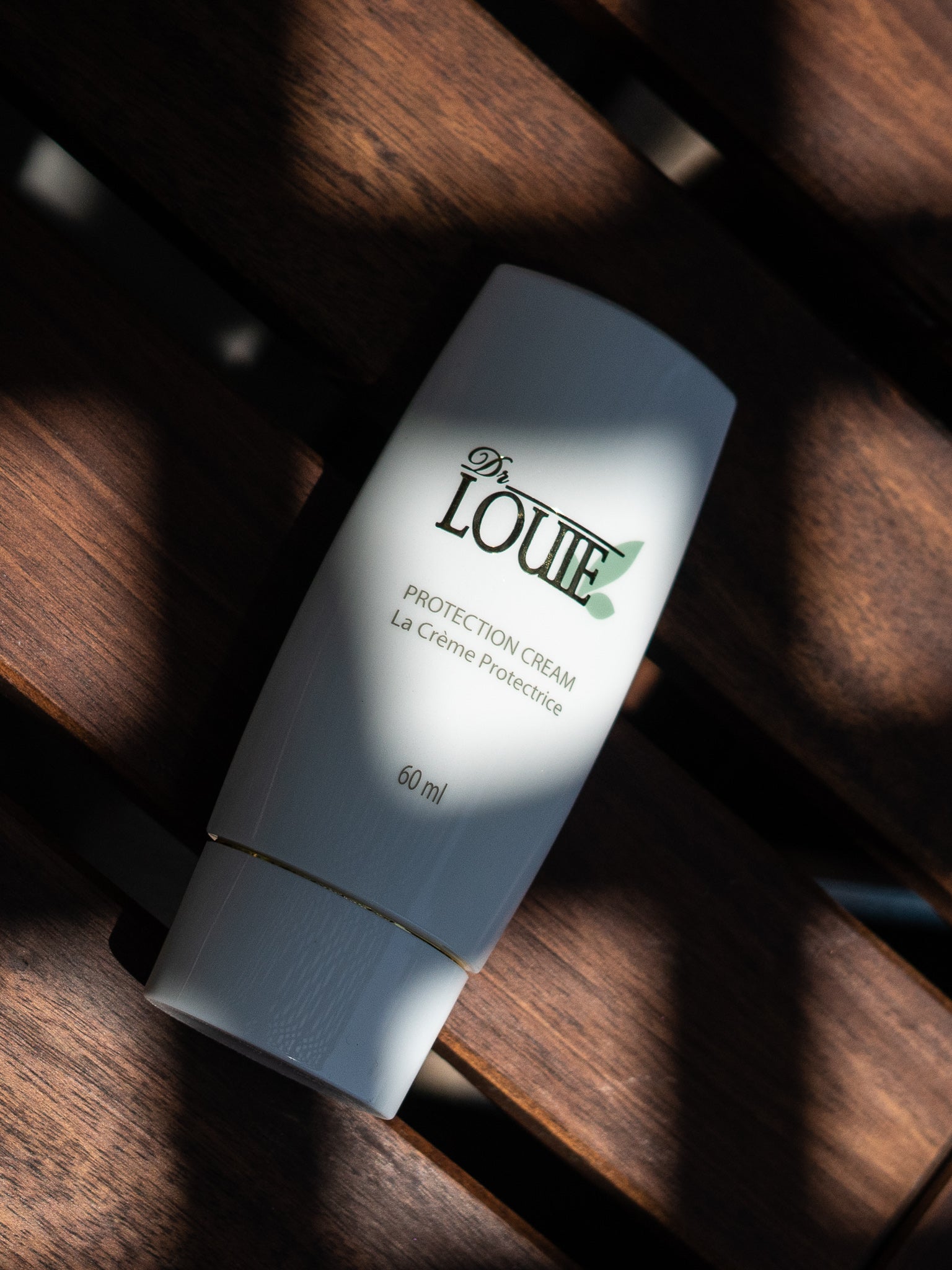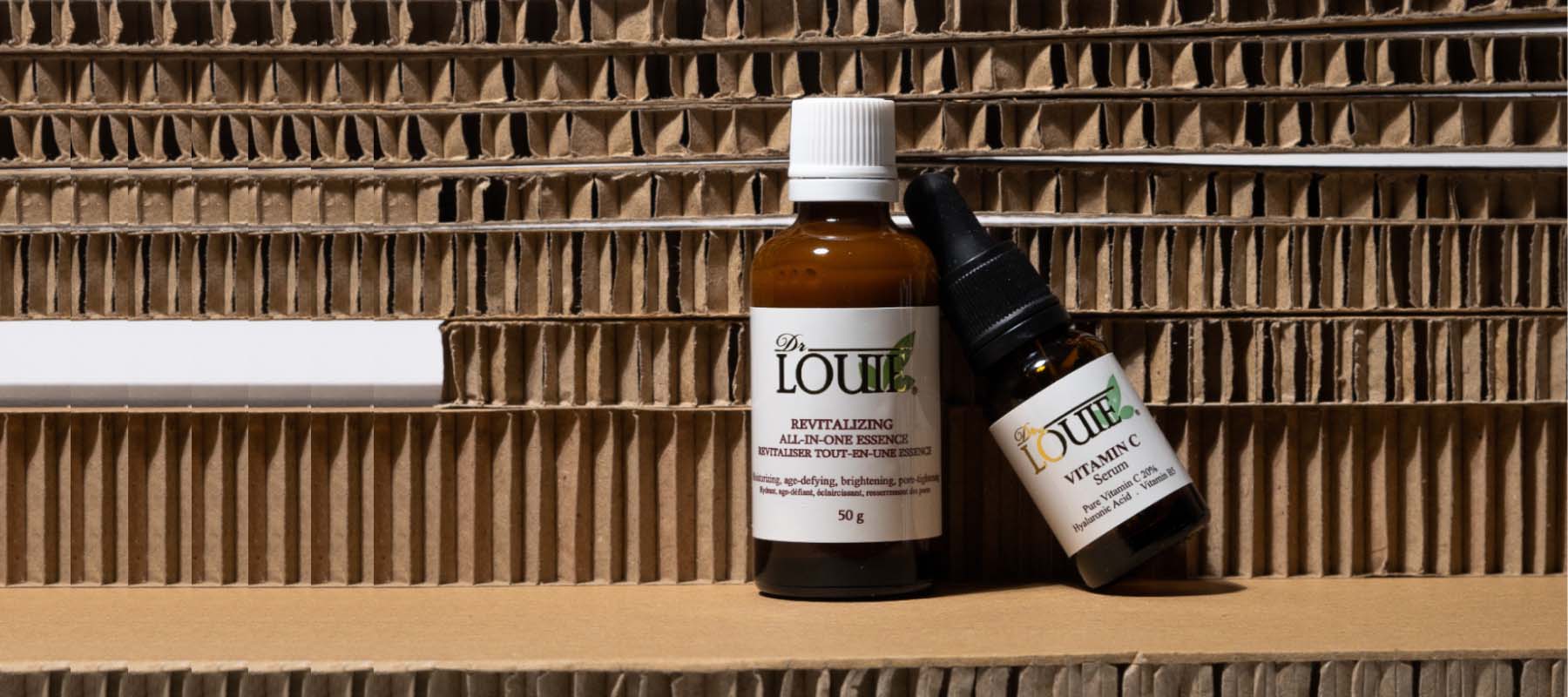
What is inflammaging and why we should really care
We know the word ‘inflammation,’ and we’re certainly aware of the word ‘aging.’ But combine them together? ‘Inflammaging’ is the word that is created. But this word and this concept is nothing new.
Inflammaging basically means slow but progressive aging process, caused by a low level of chronic inflammation. Inflammation is both good and bad. Body’s normal inflammatory response is important in fighting off infection, healing wounds, and removing damaged cells and tissues. But it’s supposed to be short in duration, not chronic. When inflammatory process becomes chronic, it could be detrimental to our body as it slowly erodes normal cell structure and functioning.
Inflammaging is a bad news for our skin, too, For example, those with sensitive skin would see more redness, sensitivity, and irritation. For others, it might manifest as extreme dryness.
Before we delve into what this inflammation does to our skin and body, let’s take a look at what our skin is composed of.
Our skin’s protective network consists of more than just the top layer (epidermis). It is a complex system of immune cells that work together to launch a quick response against assailants while repairing damaged tissues. When thiese cells are not renewed and inflamed, this protective barrier does not work optimally.
So what does inflammation do to our skin?
- Damages skin cells, disrupting skin barrier (think of red, sensitive, irritated skin)
- Degrades collagen and elastin (think of sagging skin)
- Depletes naturally-occurring hyluaronic acid levels (think of extremely dry skin that can’t hold on to water)
- Causes a loss of facial fat (think of skeleton-like face, making you look aged)
- Causes skin thinning (because of increased cell death)
- Increased uneven hyperpigmentation, simply known as age spots
- Dehydrates the skin caused by thinning skin and disrupted skin barrier
- Increases enzymes that destroy collagen, elastin, and other critical support proteins in the skin
And this is just to our skin. Imagine what inflammaging could do to the rest of our body.
Thankfully, there are things you can do to reduce or control inflammaging. (Our body and skin are amazing!)
One of the significant damages caused by inflammaging is the overproduction of reactive oxygen species (ROS). Free radicals are one type of ROS. For the purpose of this blog, we’ll just use “free radicals” instead of “ROS.” So if we could neutralize excessive free radicals in our body and skin, then we can manage inflammaging.
There are things you can do to neutralize excessive free radicals.
1. Take in electrons.
Free radicals are incomplete molecules that are missing an electron. So as they steal electrons from cells and tissues, they can damage those cells and tissues. So if you can increase your system’s supply of electrons, it can help neutralize the damage from free radicals. Alkaline water is electron-rich water, so it can donate electrons to free radicals to neutralize them.
2. Take care of your gut microbes.
It has been shown that gastrointestinal tract’s microbiome plays a central role in inflammaging as it is at the intersection of diet, metabolism, and innate immune response. And microbes that are good for you can help maintain a strong gut barrier that can ensure that potentially-inflammatory substances cannot make their way through the gastrointestinal tract and into your system. If your gut barrier is not strong, it could cause “leaky gut syndrome,” which occurs when unhealthy barrier allows toxins and bacteria to enter your system, triggering inflammation as your body attacks foreign invaders.
A veggie-loaded diet can keep your gut microbiome diversified and keep your gut happy. Try to aim for 30 or more unique plant-based foods. These include legumes, leafy veggies, fruits, etc.
3. Exercise moderately and getting a healthy sleep.
In a 2019 study that examined 11 studies from 1,250 middle-aged and older adults, it was found that moderate aerobic exercise reduced levels of C-reactive protein, a major inflammatory marker, by up to 50%.
And it doesn’t have to be an intense workout. About 20 minutes to half an hour a day, such as fast walking, is found to be enough to have anti-inflammatory effects on our body and skin.
In addition, exercise stimulates production of a chemical in your brain that builds up and promotes good sleep at night, called adenosine. We all know that sleep is important. It is key to managing stress, which causes inflammation in our body and skin. In fact, it was found that sleeping less than 7 hours a night was associated with higher levels of C-reactive protein, the protein mentioned earlier as a major inflammatory marker.
4. Reduce or remove sugary, processed foods.
This point ties in with point 2 about taking care of your gut microbes. And remember the blog post we sent on the relationship between sugar and aging? (Read Be aware. Sugar is aging you! to learn about what sugar does to your skin.) Yes, that’s right. Sugary, processed foods will age you and cause inflammation! That means refined carbs and sweetened foods and drinks. These kinds of foods can lead to an inflammatory process known as glycation, which hardens and breaks down collagen. And processed and fried foods are full of unstable omega-6 fatty acids, which if you consume too much can be inflammatory to your body. (Don’t be confused with the superhero omega-3 fatty acids, which reduce inflammation!) So french fries with a coke on the side would be an inflammation-causing meal.
So what do eat instead? A veggie-loaded diet! Of course, occasional processed and sugary foods hurt no one. But eating every meal like that can and will inflame your body and your skin.
|
|
|
5. Add products that contain multiple antioxidants to your skincare regime.
As mentioned earlier, one of the best ways to reduce inflammaging as we get older is to find ways to neutralize free radicals. And antioxidants are just the ingredient that selflessly donate their electrons to free radicals to stabilize them so that they won’t wreak havoc on our tissues and cells. In addition to the 4 tips mentioned earlier, you can APPLY multiple antioxidants to our skin to help protect against free radical damage from environmental factors. The reason I emphasized multiple antioxidants is that a product that does not contain multiple antioxidants will not be able to provide enough protection from free radicals that attack and age the skin. DrLOUIE products contain a high concentration of patented extracts of Emblica, known as EmblicaTM, which uses a multilevel cascade of antioxidant compounds, resulting in a long-lasting and stable antioxidant activity.
Have more questions about the content of this blog or about DrLOUIE products? Start a live chat on our website or send us an email at info@drlouie.ca.
Sources:
Dimitrov, S., Hulteng, E., & Hong, S. (2016, December 21). Inflammation and exercise: Inhibition of monocytic intracellular TNF production by acute exercise via β2-adrenergic activation. Brain, Behavior, and Immunity. Retrieved June 8, 2022, from https://www.sciencedirect.com/science/article/abs/pii/S0889159116305645
DiNicolantonio, J. J., & O’Keefe, J. H. (2018, November 1). Importance of maintaining a low omega–6/Omega–3 ratio for reducing inflammation. Open Heart. Retrieved June 8, 2022, from https://openheart.bmj.com/content/5/2/e000946
Irwin, M. R., Olmstead, R., & Carroll, J. E. (2016). Sleep Disturbance, Sleep Duration, and Inflammation: A Systematic Review and Meta-Analysis of Cohort Studies and Experimental Sleep Deprivation. Biological psychiatry, 80(1), 40–52. https://doi.org/10.1016/j.biopsych.2015.05.014
Ling, L. T., Palanisamy, U. D., & Cheng, H. M. (2010, November 3). Prooxidant/antioxidant ratio (proantidex) as a better index of net free radical scavenging potential. MDPI. Retrieved June 8, 2022, from https://www.mdpi.com/1420-3049/15/11/7884/htm
Zheng, G., Qiu, P., Xia, R., Lin, H., Ye, B., Tao, J., & Chen, L. (1AD, January 1). Effect of aerobic exercise on inflammatory markers in healthy middle-aged and older adults: A systematic review and meta-analysis of randomized controlled trials. Frontiers. Retrieved June 8, 2022, from https://www.frontiersin.org/articles/10.3389/fnagi.2019.00098/full
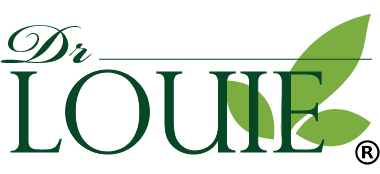
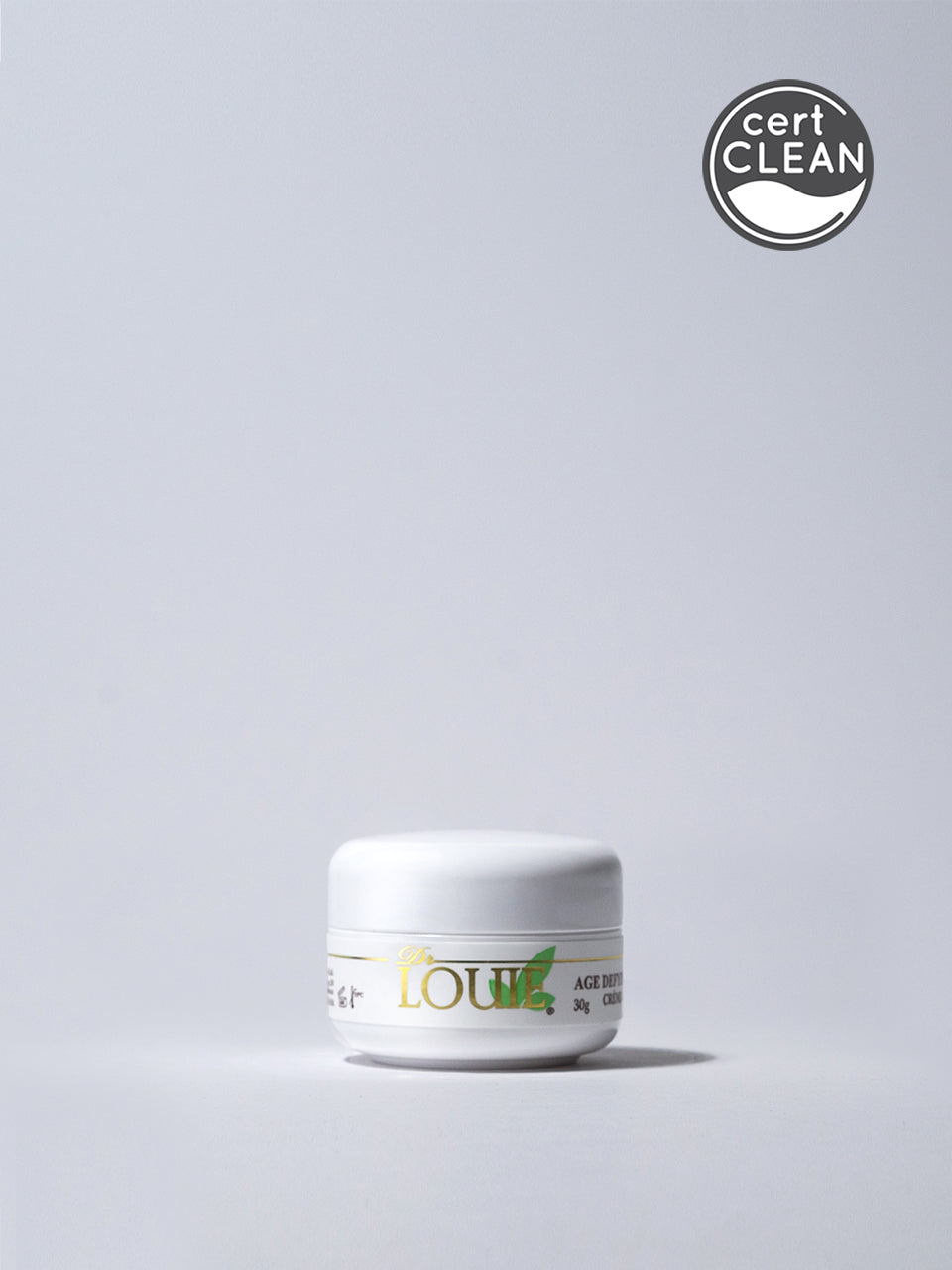
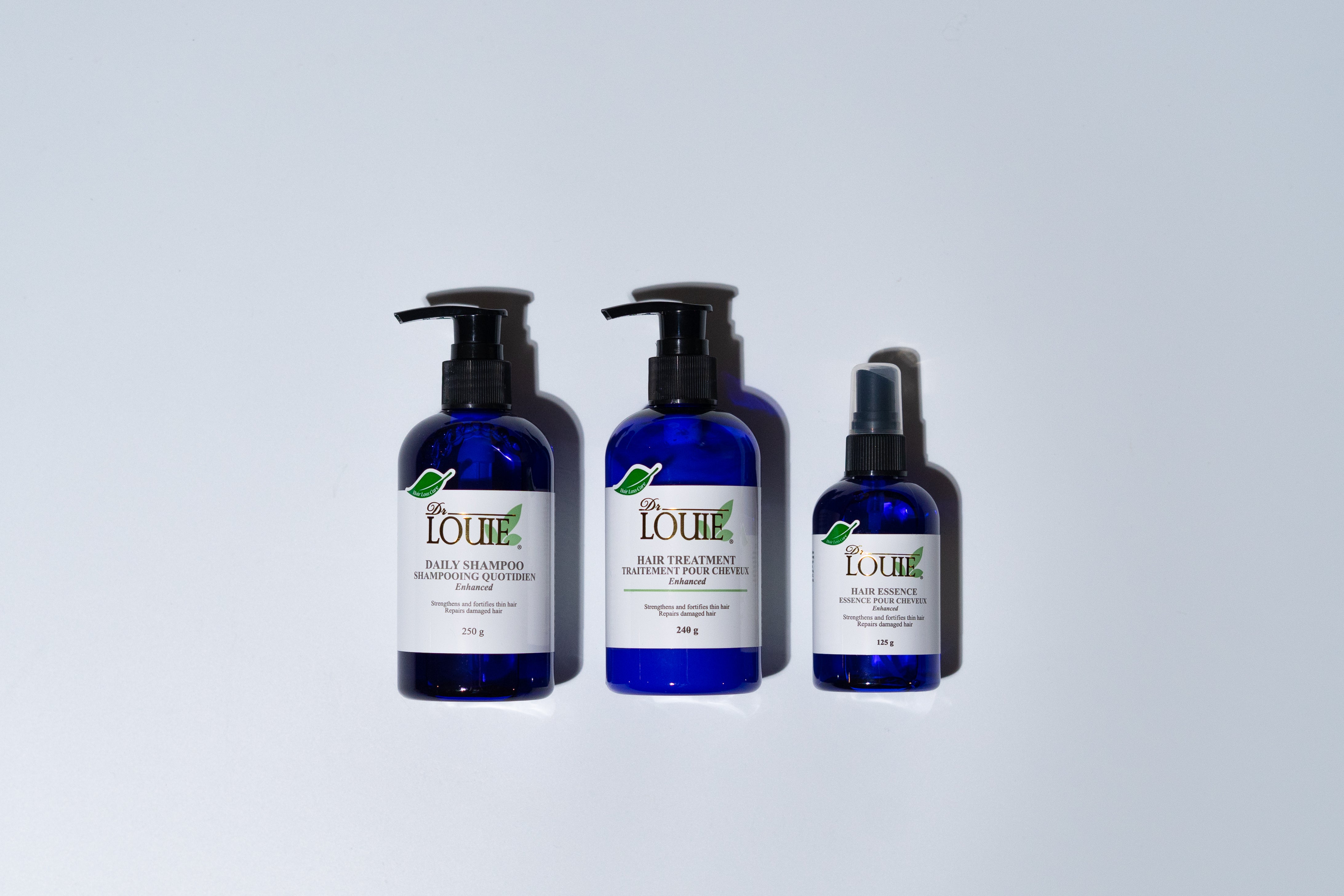



![[Announcement] 2022 Beauty Shortlist Awards - Editor's Choice](http://drlouie.ca/cdn/shop/articles/Hero_Dark_Spot_Skin_Firming_PC.jpg?v=1646363592&width=1800)
